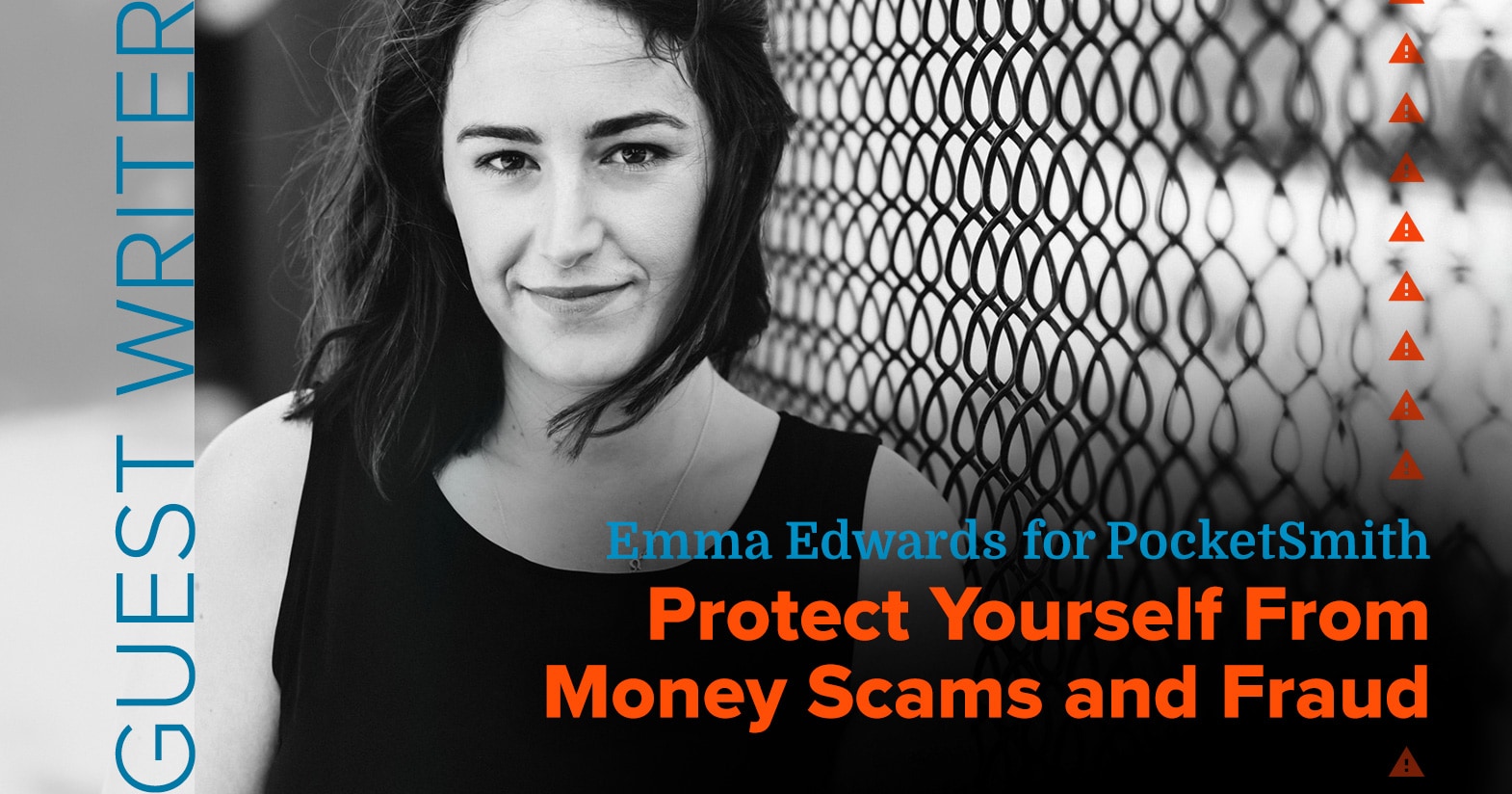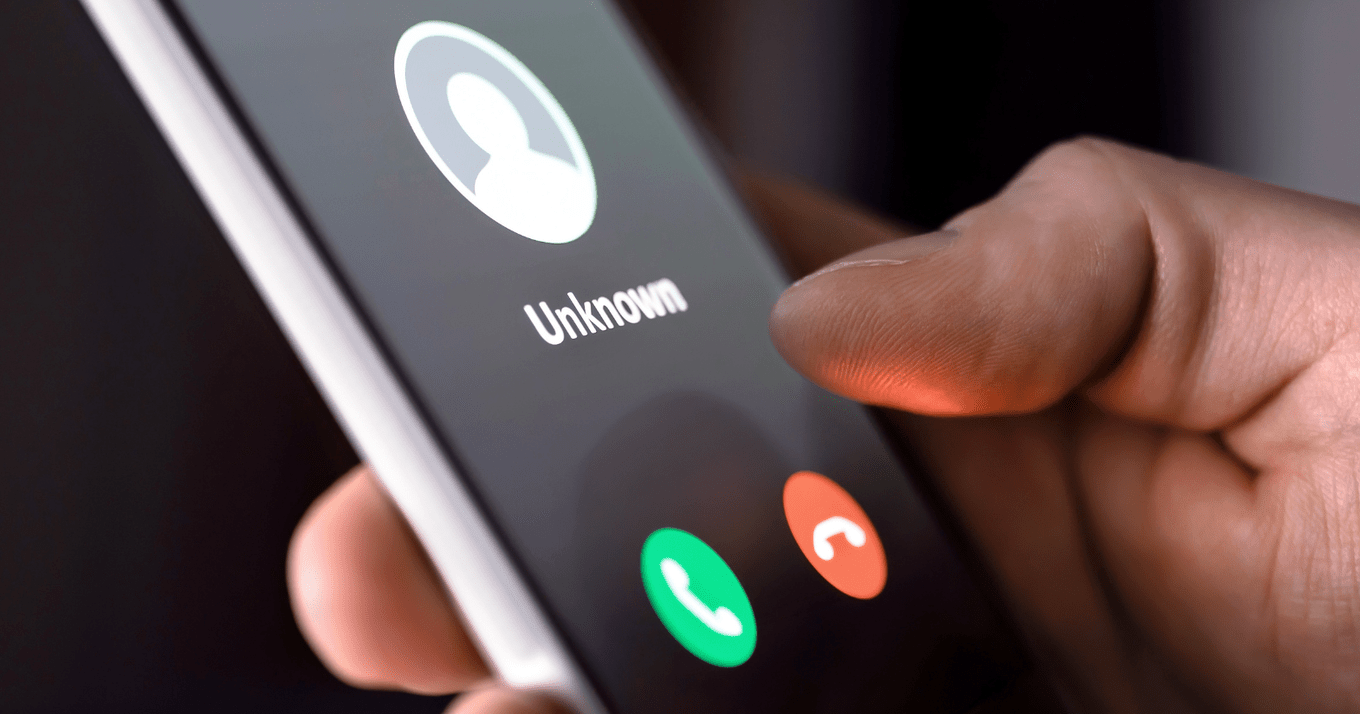
Money scams and online fraud have been more popular than ever in 2021 — those hackers just keep getting more and more sneaky! Luckily, there are plenty of ways to protect yourself from different types of frauds and scams, and we’ve listed our top ten here to help you (and your money) stay safe out there.
When it comes to protecting yourself online, the first place to start is your passwords. There are a number of ways to ensure your passwords are watertight, including:
Not only does our data need to be secure, our devices do, too. We connect to all kinds of networks every single day, and hackers are getting pretty good at tapping into our devices in new ways. Keep up to date with software updates on your devices, and consider installing a high-quality anti-virus software. Avoid accessing personal information while connected to public networks, as these tend to be less secure than your home WiFi connection.
If you’ve received an unsolicited call, never share any login information, PIN numbers, passwords or personal information. You can never guarantee that the person is who they say they are, and often scammers will impersonate your bank or a government agency in an attempt to fool you into sharing your details.
Email scams are one of the most common ways of getting caught out, because links that look legitimate can often lead to more sinister websites designed to capture your information. Be particularly careful with links that lead you to a login screen — but the best way to keep yourself safe is to avoid opening the link altogether. If you’re unsure, contact the sender directly by Googling their phone number or email address, and ask them if the links are safe.
Letters, emails and texts with spelling errors, generic greetings that don’t identify you by name, or low-quality design can be a red flag sign that something isn’t right.

Keeping proof of your purchases can be helpful in identifying fraudulent transactions and pinpointing where a scammer gained access to your details. Plus, if a transaction turns out to be fraudulent, having a paper trail can help to establish what’s really going on.
Reporting fraud and scams plays a huge role in protecting others online, particularly vulnerable people that are more likely to be targeted, like the elderly. You can report scams to the ScamWatch by the ACCC in Australia, NetSafe in New Zealand, or Citizens Advice in the UK.
Many scammers will access your information by asking to remotely control your computer. This can result from scammers pretending to be an IT department, your computer manufacturer, or your internet provider, or something similar. Never allow remote access to your device if there’s any doubt in your mind about whether the request is genuine.
Requests for payment in the form of gift cards, Bitcoin, cryptocurrency and vouchers are all commonly associated with fraudulent activity. Always hang up the phone and contact the company or department requesting this type of payment and ask if it’s legitimate, if you’re unsure. Remember, tax offices and other government officials will never request payment via these methods.
iPhones for $99, free AirPods, flights for next to nothing — if it sounds too good to be true, it’s probably a scam. Don’t risk your protection for a good deal.
Emma Edwards is a finance copywriter and blogger, on a mission to humanize the financial services industry by creating meaningful content that’s accessible and empowering. You’ll find her penning money tips at her blog, The Broke Generation, sharing financial insights on Instagram, or injecting life into content for her business clients.